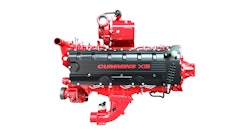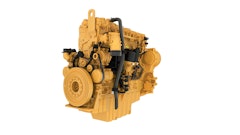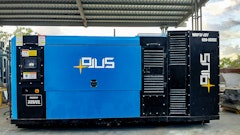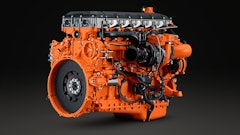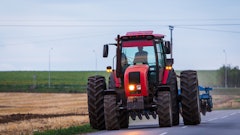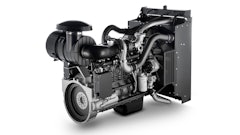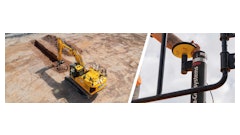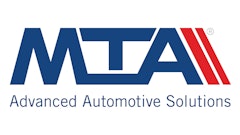Africa holds great market potential for agricultural machines, according to a recent survey among 171 manufactures of farm equipment conducted by the Agrievolution Alliance – a global network representing manufacturers of agricultural machinery – upon suggestion by the European manufacturers’ association CEMA and the World Bank.
According to the survey, 43% of manufacturers believe that – already today – Africa is ‘very important’ or ‘absolutely essential’ for their company’s business.
Looking at the sales perspectives for agricultural machines over the next 5-15 years, three out of every four respondents (73.6%) believe the African market to hold ‘great’ or even ‘very strong’ market potential.
However, notwithstanding this positive outlook, agricultural machinery manufacturers continue to face a number of major structural challenges when doing business in Africa.
When asked about the most important factors that would need to improve in order to unleash future investments to promote successful mechanization efforts and develop effective local distribution and after-sales networks for agricultural machinery in African countries, manufacturers underlined the need for:
- a more reliable political and regulatory framework;
- a functioning banking system to improve access to finance; and
- a greater number of technology centers and demonstration farms to promote training and skills development for farmers handling machinery.
More than half of the respondents therefore believe that public-private partnerships (PPPs) hold the key to address these challenges, viewing them as a ‘very important’ or ‘absolutely essential’ tool in the quest to develop sustainable mechanization in Africa.
"In light of a rapidly growing demand for food in Africa fueled by population growth, we believe a new approach is needed to promote sustainable mechanization and enhance agricultural productivity. Such an approach should combine reinforced institutional support with greater cooperation with the private sector with the help of PPPs. We are pleased to see that manufacturers share this view, as we are about to explore the development of a new and dedicated PPP mechanism for mechanization in Africa," says Simeon Ehui from the Agricultural Global Practice of the World Bank.
"If we want agricultural mechanization to succeed in Africa, all concerned – be they farmers, supporters, planners or policymakers – need to work together. The alliance looks forward to collaboration among manufacturers, the World Bank and interested stakeholders to explore the development of new PPP approaches that promote tailored, inclusive and integrated mechanization in Africa," says Selami Ileri, Chair of the Agrievolution Alliance.
The survey was completed by 171 companies from 16 countries representing the main suppliers of tractors and other agricultural machinery in the world. The 16 countries include: Austria, Brazil, Canada, China, France, Germany, Hungary, India, Italy, Japan, Korea, South Africa, Turkey, Ukraine, United Kingdom and United States.




